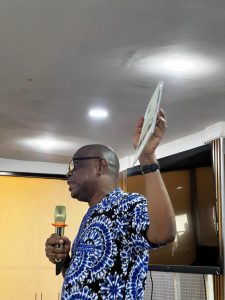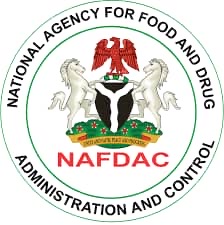Journalists Tasked on Role in Countering Violent Extremism
Journalists in Nigeria are being urged to step beyond breaking headlines and embrace their role as peacebuilders. This call came during a critical media engagement in Abuja, where experts stressed the importance of responsible reporting in the fight against violent extremism.
The Partnership Against Violent Extremism (PAVE) Network, in collaboration with the National Counter Terrorism Centre (NCTC) under the Office of the National Security Adviser (ONSA), convened a one-day workshop on “Promoting PCVE and Stakeholder Initiatives in Nigeria.” Held under the theme “Amplifying Voices for Peace: Media Partnerships in PCVE and Resilience-Building,” the event attracted journalists, media creators, civil society leaders, and security stakeholders from across the country.
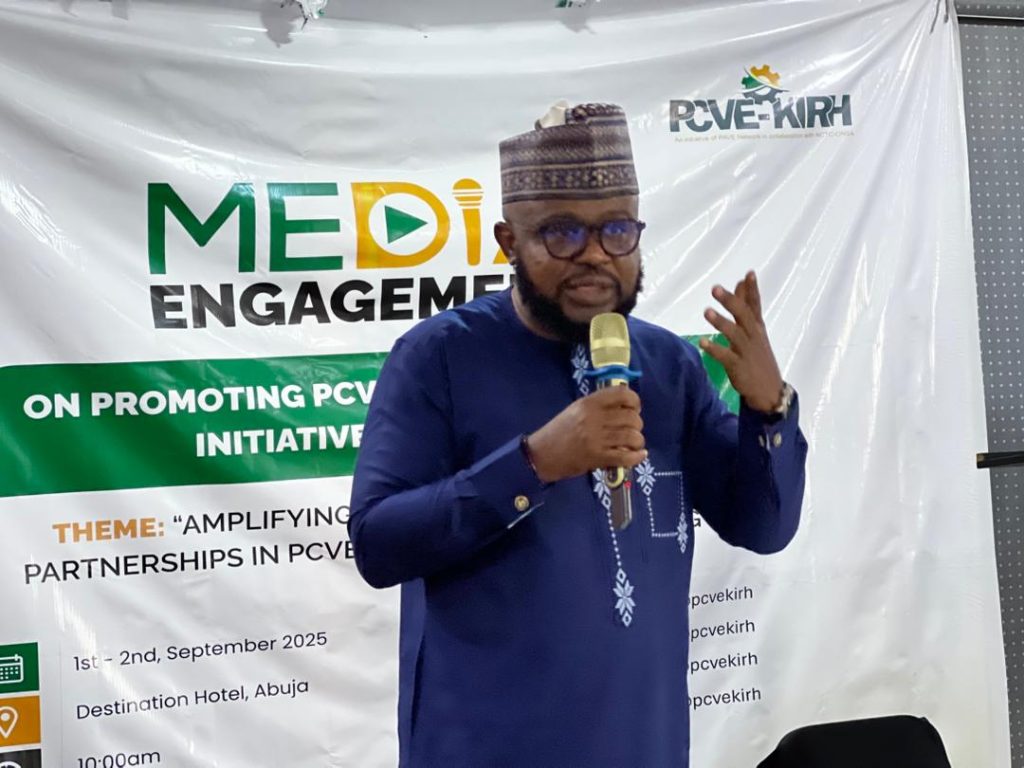
Violent extremist groups thrive on attention. Sensational headlines, unverified reports, and graphic coverage often amplify their reach. Experts at the workshop warned that the media must reposition itself not as a tool for spreading fear, but as a driver of peace. “Every word, every frame, every headline matters,” one facilitator noted. “The media can either deepen divisions or strengthen resilience.”
Participants were reminded of the principles of peace journalism which include accuracy, neutrality, context, dignity, and hope. Accuracy means facts must be verified before they are published, while neutrality requires journalists to avoid ethnic, religious, or political bias.
Context allows readers to understand the root causes of extremism rather than just the violent events themselves. Dignity calls for respect for victims by avoiding sensational visuals, and hope emphasizes balancing stories of destruction with stories of resilience.
Beyond documenting violence, the media can also amplify stories of hope. For instance, rather than only reporting that a community was attacked, journalists were encouraged to highlight how that same community is rebuilding schools, empowering youths, or launching peace dialogues. Such narratives counter extremist messaging that thrives on despair and division.
The workshop also stressed the importance of partnerships. Journalists must collaborate with civil society organizations, traditional rulers, faith leaders, and security agencies to ensure inclusive storytelling that reflects the lived realities of Nigerian communities. In addition, digital platforms were highlighted as critical battlegrounds.
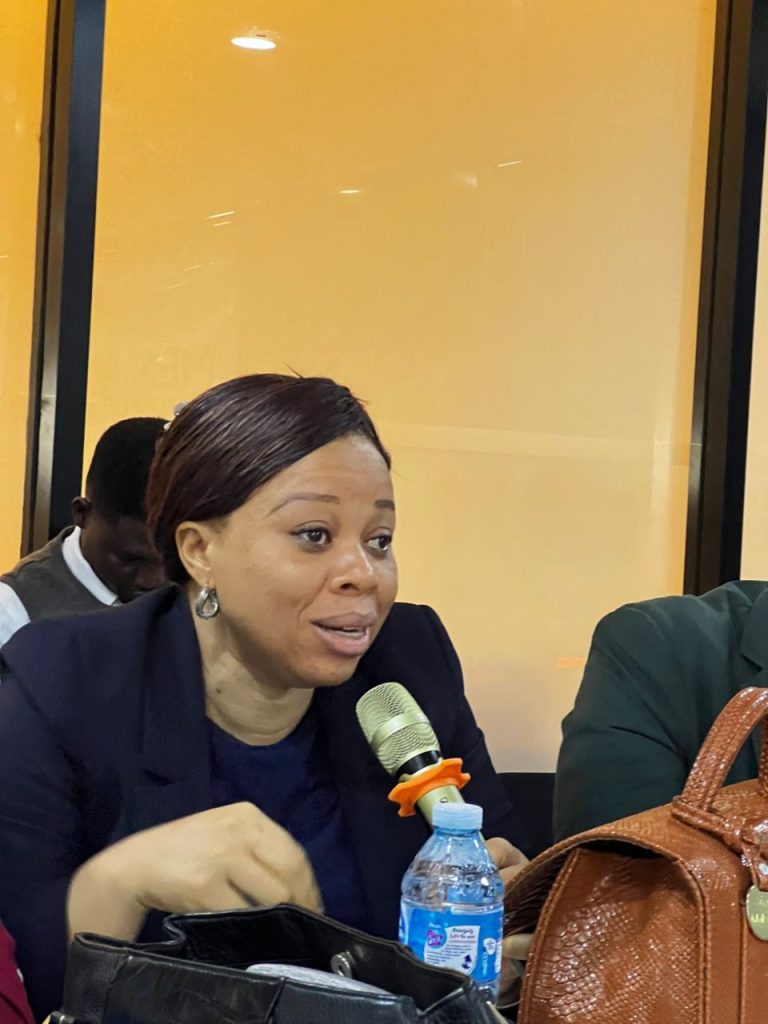
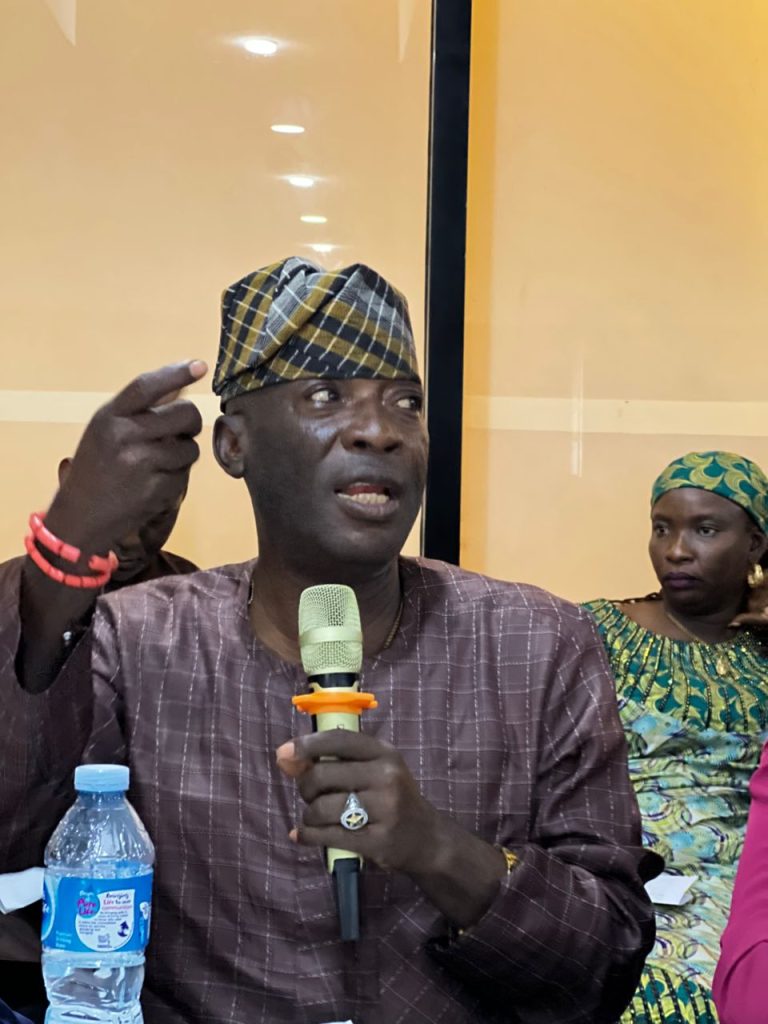
Extremists increasingly use social media to spread propaganda, which makes it urgent for journalists to use these same channels to share counter-narratives that promote peace and unity.
Participants expressed their appreciation for the initiative. One journalist shared, “This training changed my mindset. I now understand that framing matters, how I report can either heal or harm.” Another participant noted that newsroom wide adoption of peace journalism principles is vital, stressing that editors and publishers must also prioritize responsible reporting, not just field reporters.
The Abuja media engagement was more than just a workshop; it was a collective recommitment. Journalists resolved to embrace responsible storytelling, amplify peace, and strengthen collaboration with PAVE, NCTC-ONSA, and other stakeholders.
At a time when Nigeria faces heightened extremist threats, the media’s responsibility is clear: to inform, to empower, and to amplify voices for peace.

